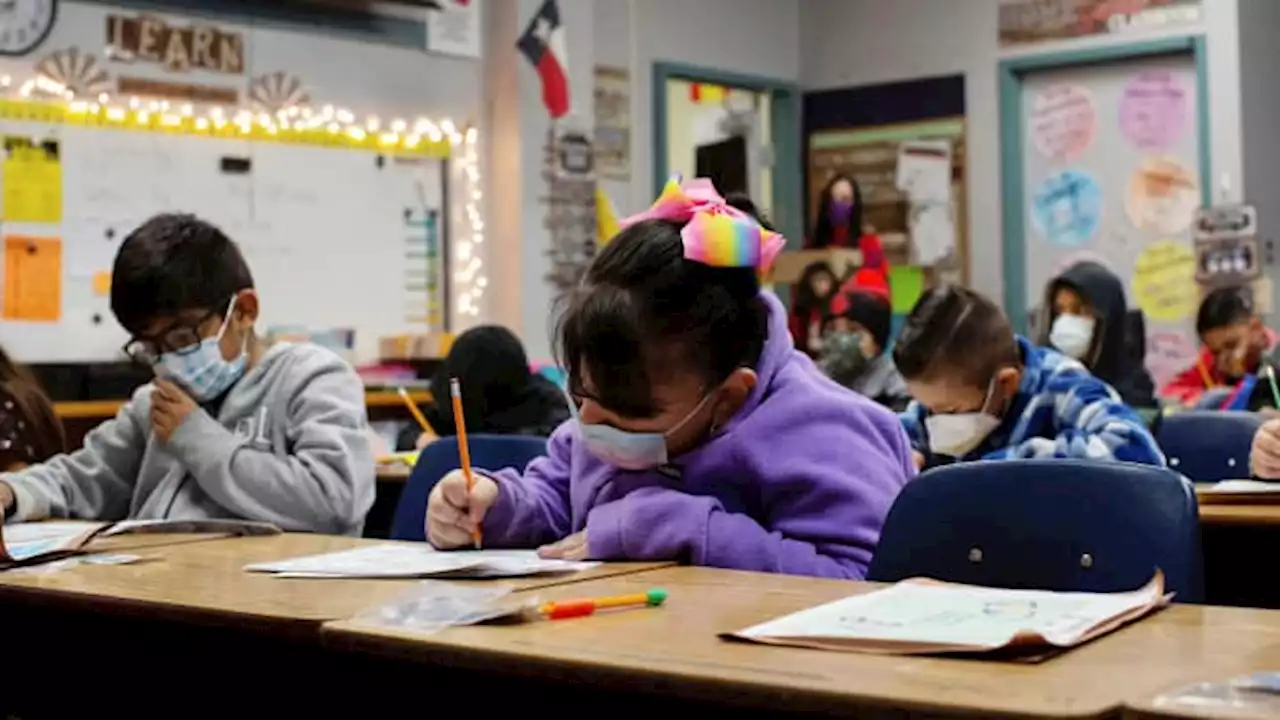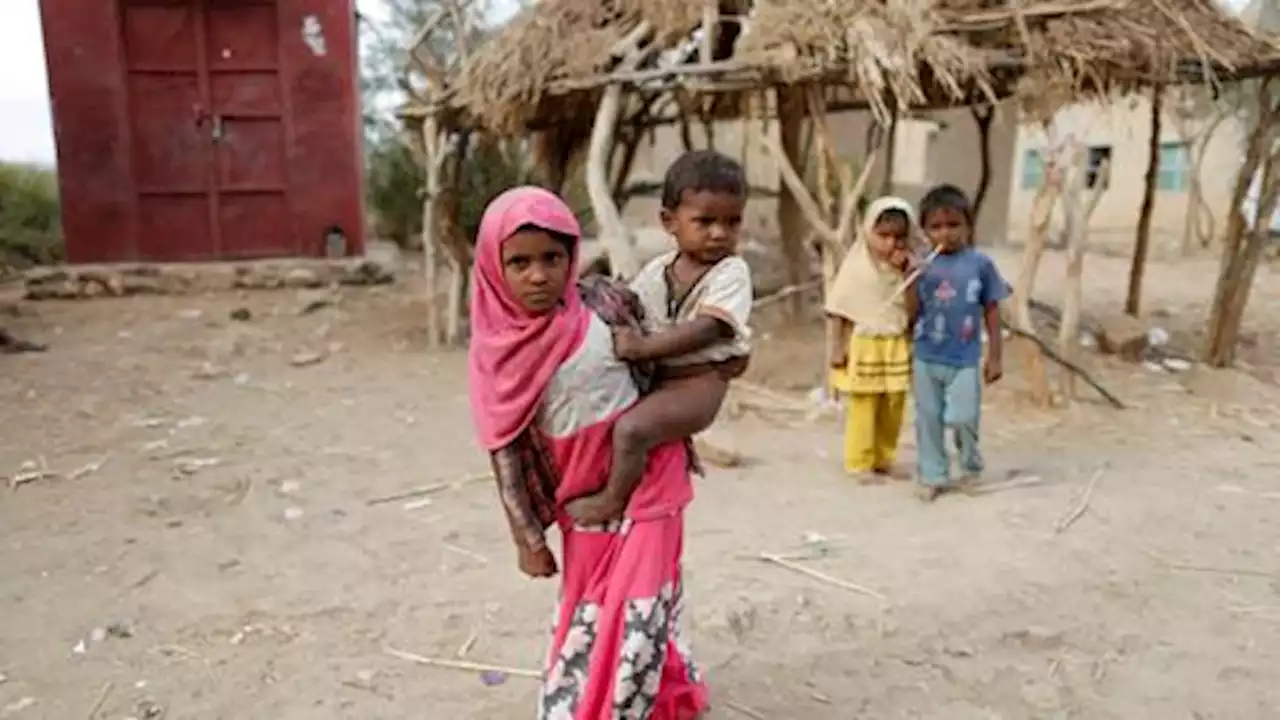Researchers found children in states with generous cash and health benefits for low-income families had a larger hippocampus, the section of the brain involved in learning, memory and emotion processing:
out of Harvard University suggests that public policies aiming to reduce the harms of poverty may lead to larger brains in children. Scientists say that underscores the need for a strong social safety net.from 11,000 children in 17 different states that offer a range of health benefits and cash assistance to low-income families.
“The question we had is whether the magnitude of that association — so how much [connection] growing up in a family that's living in poverty has on a child's brain development varies based on where you live,” McLaughlin said. Researchers noted there could be other explanations. For instance, states with generous benefits may also invest more in education, and perhaps that impacts brain development. But they tried to control for most factors.
Although Massachusetts was not part of the study, some Massachusetts-based providers say the findings ring true. Prity Shah directs ServiceNet's early intervention program. She said parents struggling to pay the bills have less time to read to their children or take them out for brain-enriching activities, even the playground. State-funded child care or Head Start can make a big difference.
Ireland Latest News, Ireland Headlines
Similar News:You can also read news stories similar to this one that we have collected from other news sources.
 Creativity Flourishes Away From Beaten Pathways in the MindExploring paths less traveled in the brain sparks creativity, fMRI study finds.
Creativity Flourishes Away From Beaten Pathways in the MindExploring paths less traveled in the brain sparks creativity, fMRI study finds.
Read more »
 Isolation during Covid pandemic has delayed kids' social skills, new study saysChildren continue to struggle with basic development skills such as writing and speaking in the wake of the Covid-19 pandemic, a U.K. study has found.
Isolation during Covid pandemic has delayed kids' social skills, new study saysChildren continue to struggle with basic development skills such as writing and speaking in the wake of the Covid-19 pandemic, a U.K. study has found.
Read more »
 Study Finds No Link Between Cell Phones and Brain TumorsThe decades-long debate about whether radiation from cell phones raises the risk of cancer has a new piece of evidence to chew over.
Study Finds No Link Between Cell Phones and Brain TumorsThe decades-long debate about whether radiation from cell phones raises the risk of cancer has a new piece of evidence to chew over.
Read more »
 UCSD study finds environmental policies preferentially protect white peopleResearchers found that during the period when the 'in-person' economy was shut down, neighborhoods with high Asian and Hispanic populations experienced disproportionately large declines in air pollution. That means the inverse is true when it's business as usual.
UCSD study finds environmental policies preferentially protect white peopleResearchers found that during the period when the 'in-person' economy was shut down, neighborhoods with high Asian and Hispanic populations experienced disproportionately large declines in air pollution. That means the inverse is true when it's business as usual.
Read more »
 UNICEF: Ukraine-Russia conflict raising malnutrition risk in Middle EastThe conflict has severely disrupted food imports to the region, the UN children's agency said, adding if the situation persists it could impact children in Egypt, Lebanon, Libya, Sudan, Syria and Yemen.
UNICEF: Ukraine-Russia conflict raising malnutrition risk in Middle EastThe conflict has severely disrupted food imports to the region, the UN children's agency said, adding if the situation persists it could impact children in Egypt, Lebanon, Libya, Sudan, Syria and Yemen.
Read more »
